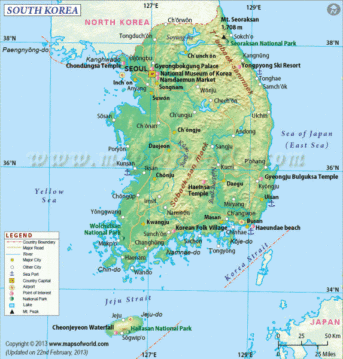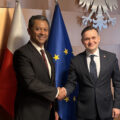A decision by South Korea to relax power distribution regulations in the country could open the gates for energy storage companies seeking new markets.
Local law insists the State-run Korea Electric Power Corporation (KEPCO) is the exclusive power distributor, but this will change in July when the government eases regulations to allow companies and individuals to buy and sell electricity.
This opens the door for users to be able to generate power from solar panels, and install energy storage systems (ESS) for residential or commercial applications.
They will also be able to directly trade the power with neighbours or partner companies in the same apartment complex or town.
In October, KEPCO announced plans to develop an ESS using Germany’s SMA Solar Technology’s battery inverters and system technology.
SMA was said to be the only foreign company working on the project, but the latest announcement is sure to cause excitement among many more.
With pariah state North Korea its only neighbour, the island nation has prioritised the importance of stable grid power, issuing invitations in November for bids on additional projects, each 200 MW in size.
“Since Korea has lagged behind in fostering new industries in the past few years, we decided to shift our strategy to concentrate on assisting projects selected by the private sector, abandoning the state-led assistance system,” said Kang Seong-cheon, Director General of Industrial Policy at the Energy Ministry.












